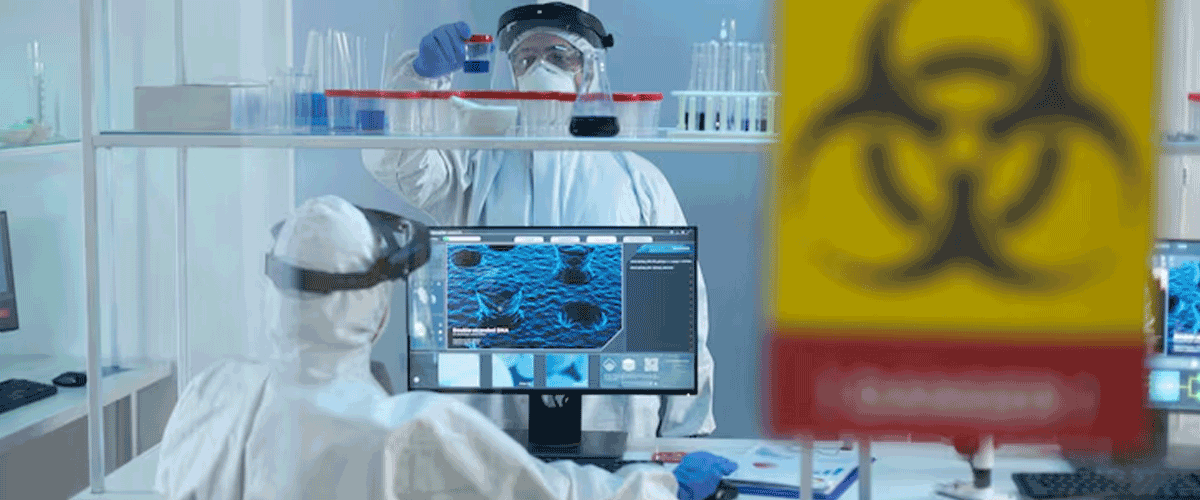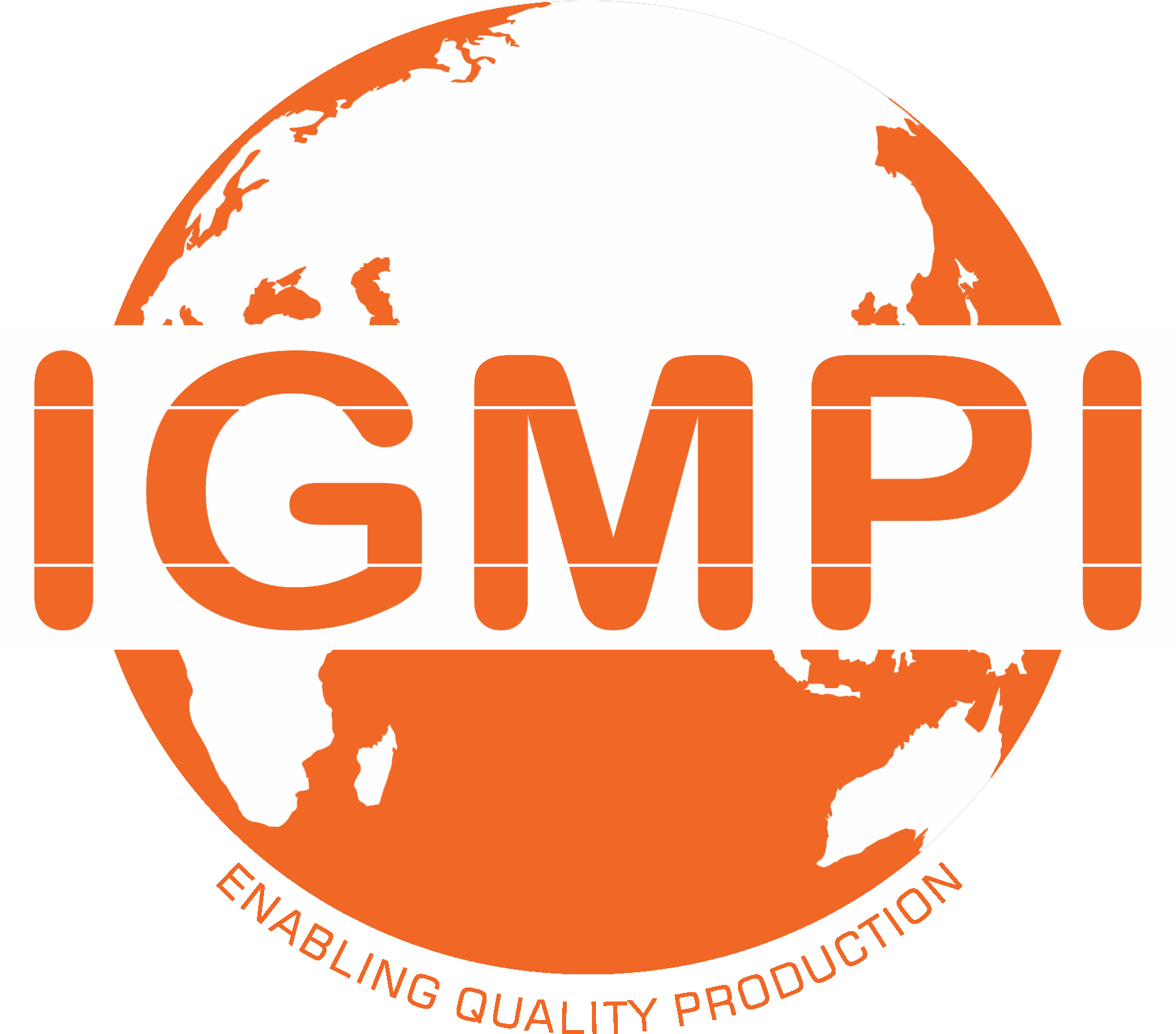(An Autonomous Body Recognized by Ministry of Commerce & Industry, Government of India)
Competency based placement focussed Education | Training | Research | Consultancy

WHO Warns of Insufficient Antibacterial and Diagnostic Pipeline Amid Rising AMR Threat
The World Health Organization (WHO) released two reports highlighting gaps in antibacterial and diagnostic development needed to combat antimicrobial resistance (AMR). The clinical antibacterial pipeline has declined from 97 agents in 2023 to 90 in 2025, with only 15 considered innovative and just five effective against “critical” WHO priority bacteria. Most efforts target Gram-negative pathogens and Mycobacterium tuberculosis, but gaps persist in pediatric formulations, oral outpatient treatments, and combination strategies. The preclinical pipeline is robust but fragile, dominated by small companies with limited resources.
Diagnostics are equally lacking, particularly in low-resource settings. Key gaps include multiplex platforms for bloodstream infections, biomarker tests to differentiate bacterial from viral infections, and simple point-of-care tools for primary care. WHO calls for greater investment in R&D, data sharing, and development of affordable, robust diagnostics and treatments, emphasizing coordinated efforts across discovery, clinical trials, and equitable access to combat the escalating global threat of AMR.
07-10-2025
📰 Recent News
- 2026 Emerges as Turning Point for Non-Invasive Drug Delivery in Pharma and MedTech
- Technology Integration Transforms Medical Transportation for Chronic Care in India
- Technology-Driven Innovations Reshape India’s Eye Care Ecosystem
- Xortx Underscores Genetic Evidence for Xanthine Oxidase Targeting and Announces Board Update
- Strengthening Regional Healthcare: A Priority for India’s Future
- Cybersecurity as a Core Pillar of Modern Hospital Operations
- Indian Healthcare in 2026: Mental Wellbeing and Technology Take Centre Stage
- Early Action Critical to Prevent a Human Bird Flu Outbreak, Study Warns
- The Trump administration rolls back Biden-era health IT rules, including AI ‘model card’ requirements.
- Belgium Pledges €8 Million to WHO to Boost Global Access to Health Technologies
